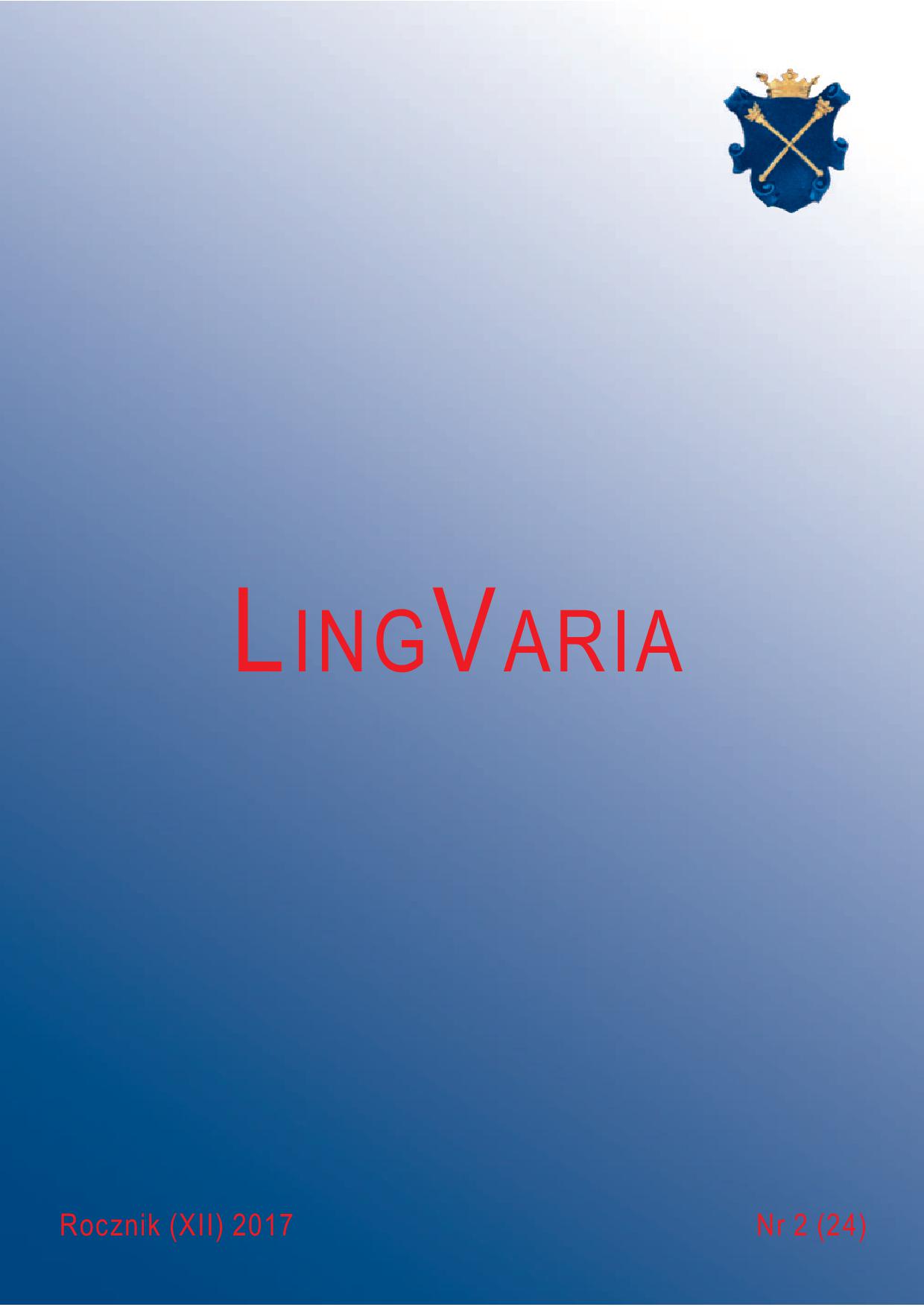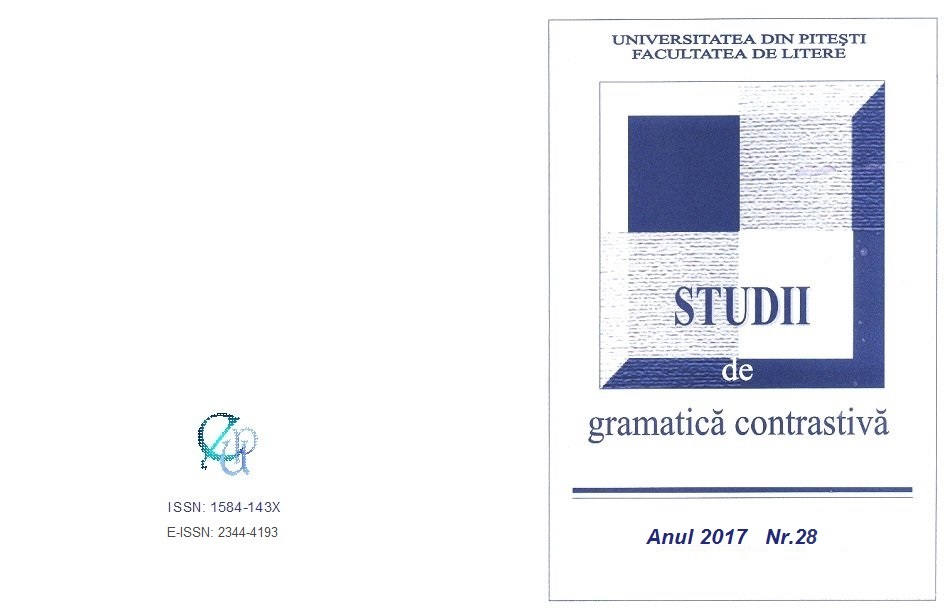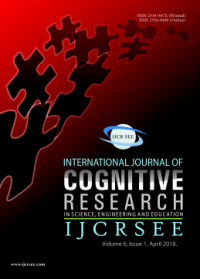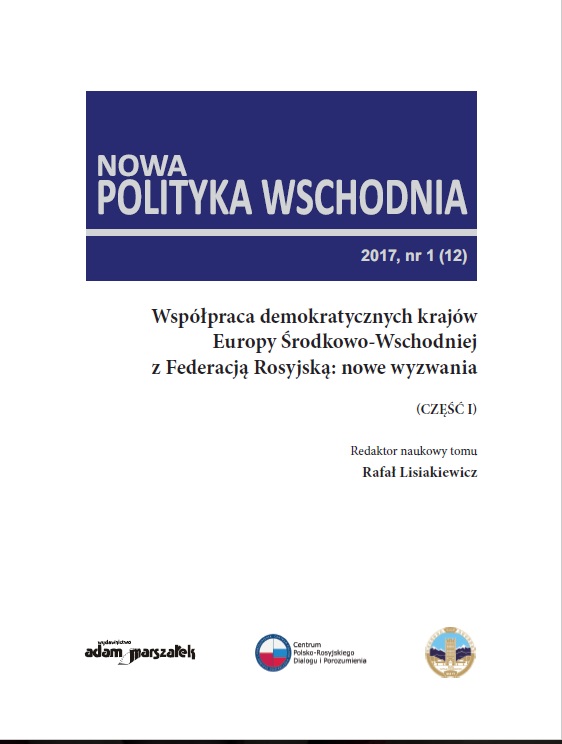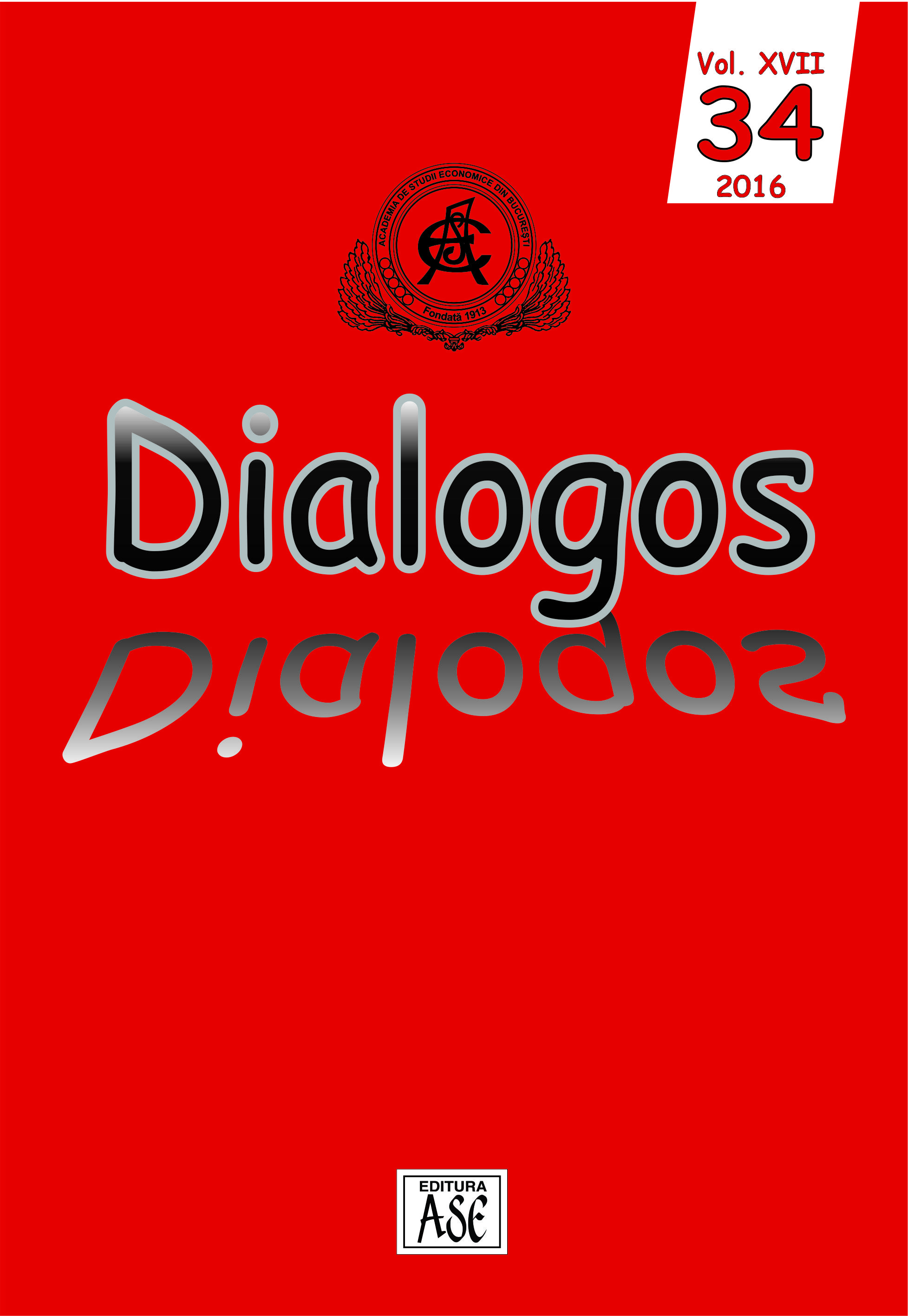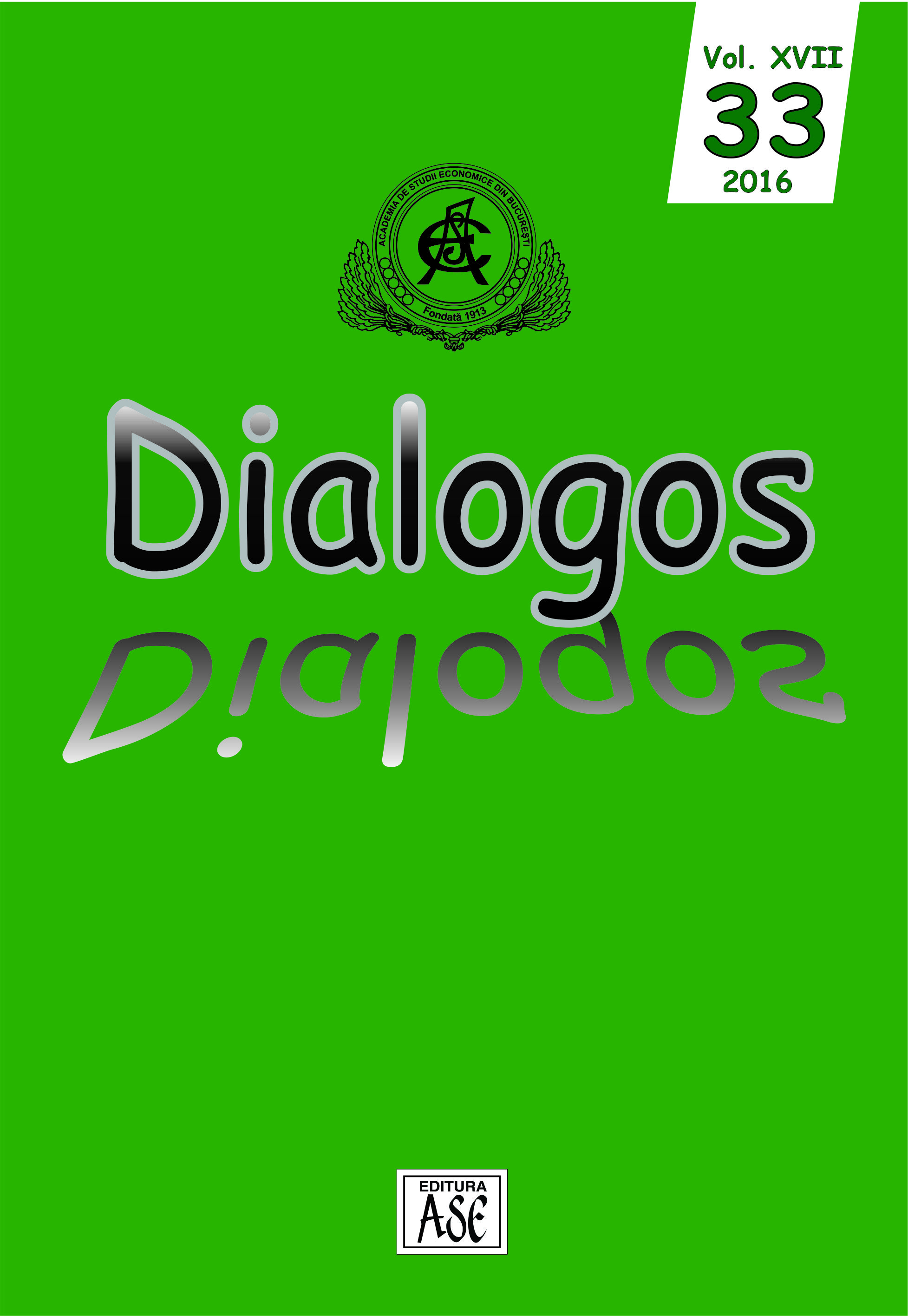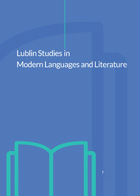
Undergraduate Students’ Use of External Sources in Revising and Justifying Their Translation Decisions Based on Instructor Feedback
The article reports on a study conducted as part of a one-term undergraduate general translation course. In the final assignment the students delivered L1 and L2 translations which were assessed based on their functionality/usability and other criteria related to preserving the content of the source text and assuring the adequacy of the target text (ITI 2014). The students then worked on the problematic sections marked by the instructor; they could either revise the excerpts or justify their decisions. The students were allowed to make use of electronic sources, which was recorded using Camtasia Studio. The recordings were analysed to examine the types of searches the students had made.
More...
